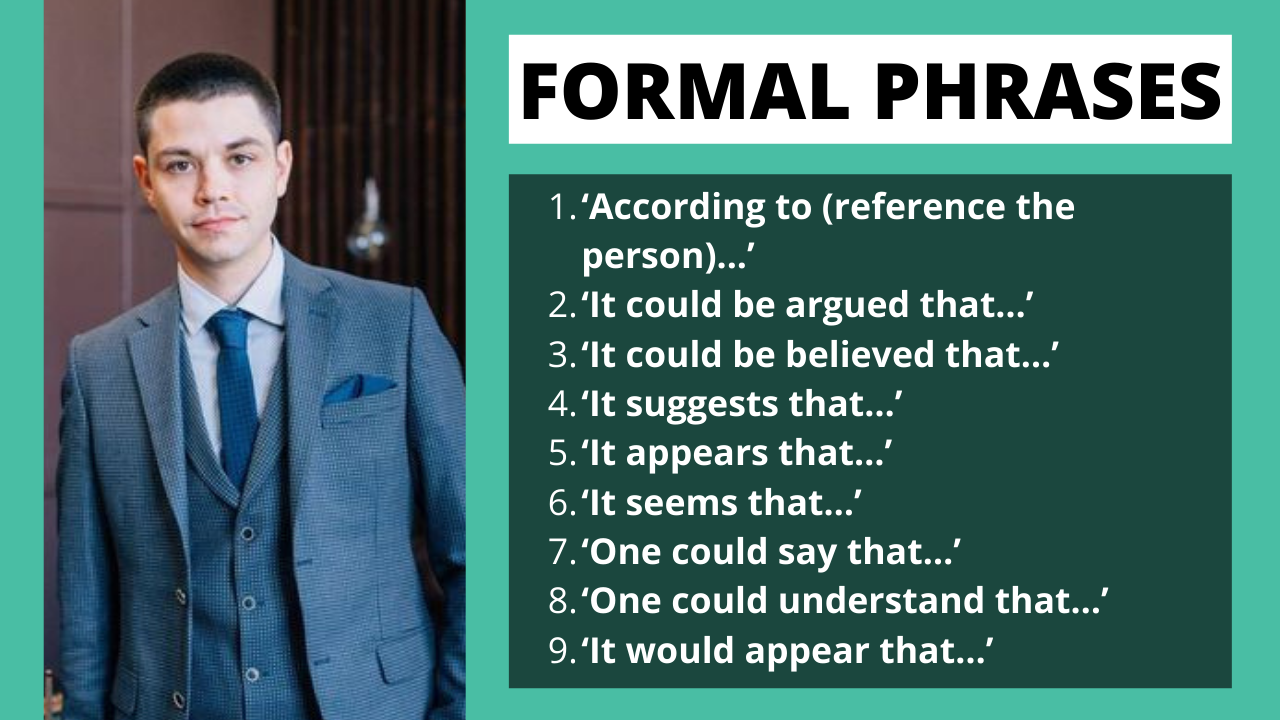How to Express Your Opinion in English – Detailed Explanation
Nội Dung Chính
How to Express Your Opinion in English – Tips and Tricks
Expressing your opinion in a second language can be challenging. You need to think about the way you deliver your opinion in that language – over and above forming your opinion and wording it correctly in the second language. There are polite ways to express an opinion in English and non-native English speakers risk sounding rude, too direct, or blunt if they don’t make use of these English phrases.
In this blog, we’ll go through some ways to express your opinion in English. These phrases will help you sound like a native English speaker and give you the tools to feel confident when expressing yourself in English.
Ways of Expressing Opinion in English
If you want to learn how to express opinions in English, then you’re in the right place. Many non-native English speakers struggle to speak their minds openly and effectively in English. There are many obstacles in the way from forming your opinion in English to voicing it in the right way. It will take time to master the ways of expressing opinions in English – but you will get there with a lot of determination and practice.

Tips and Tricks on How To Express Your Opinion in English
Listen
The first thing you should do to learn how to express opinions in English is to listen to podcasts or watch videos where English speakers express their opinions. Listen with intention and take notes of common phrases that the English speakers use. Native English speakers guide the listener through their opinion and try to get the listener to understand their opinion. You should notice repeated words or phrases that you can use when expressing your opinion too.
Learn Phrases
There are a lot of phrases that you can use to express your opinion in English. Don’t waste time learning individual words. Learn the phrases as full chunks to introduce your point of view, agree with some else’s point of view or challenge another opinion.
Practice
Find an English speaking partner who can help you practice sharing your opinion. The key detail to remember is ‘you catch more flies with honey than with vinegar.’ An English speaking partner can teach you how to soften your vocabulary so you don’t come across as rude. There is an art to expressing opinions in any language and it’s best to avoid conflict when you don’t want to cause an argument. Learning phrases that show that you are expressing your own opinion like ‘in my personal opinion…’ or ‘I personally believe that…’ will help you avoid offending the other person.

What is English Everyday
English Everyday is an English course with 24/7 live speaking lessons for English learners who want unlimited speaking practice with native speakers, professional teachers, and students from around the world.
You have live speaking lessons where you can join an unlimited amount of lessons every day. There’s a lesson almost every hour and you can join all of them and also, you can review all record lessons. English Everyday contains a lot of conversation practice for each level of English (A2, B1-B2, C1), and also you have a calendar of scheduled lessons so you can see when lessons are and at what time you can join and start speaking.
In English Everyday program, you have 24/7 support and also you have student chat where you can speak with other students from all around the world. You can look at our feedback page so that you can know from which countries our students are. Before you join our program, we strongly recommend you sign up for our free seminar with Kris Amerikos, where you can learn:
-
What goals you need to have to get better results
-
How to become fluent in English very quickly
-
What you need to do to have perfect pronunciation
-
The 3 biggest mistakes you need to avoid
-
Which free resources will help you learn English
-
The best resource to use to improve your speaking

Phrases to Express Your Opinion in English
Introducing your opinion in English with a phrase sets the tone of your opinion. It guides the listener to understand the type of opinion you are sharing. It will clarify if the opinion you are sharing is your own opinion, an opinion taken from someone else or an opinion from a well-researched article.
Common Phrases
Common phrases don’t need to be too polite. We can speak of ourselves in the first person and follow the introduction with our opinion. It’s enough to say ‘from my point of view’ to let the other person know that it’s your personal opinion.
‘In my opinion…’
‘Personally, I feel that…’
‘I would say that…’
‘Speaking personally….’
‘Speaking from my perspective…’
‘I guess that…’
‘I bet that…’
‘I assume that…’
‘I gather that…’
‘My impression is that…’
‘I am sure that…’
‘I’m certain that….’
‘I have a feeling that…’
‘I would argue that…’
‘I would say that…’
Formal Phrases
We need to be more careful with formal phrases to express opinions in English. It’s common to use a passive tense when expressing our opinions in a formal situation. We should share our point of view as one way of interpreting information and we must share it as diplomatically as possible. It’s important to be as objective as possible in a formal situation. A personal opinion needs to be backed by evidence in formal speaking or writing.
‘According to (reference the person)…’
‘It could be argued that…’
‘It could be believed that…’
‘It suggests that…’
‘It appears that…’
‘It seems that…’
‘One could say that…’
‘One could understand that…’
‘It would appear that…’
How To Express Personal Opinion
We can use the first person to express our personal opinions in informal spoken English and written English. We can use a phrase to highlight our personal opinion and remind the person we’re speaking to that it’s just our own opinion. Our opinion could be wrong or the other person might not agree – but we’re expressing what we believe.

In formal writing and speaking, it’s important not to overuse introductory opinion phrases. It becomes redundant to use too many of these phrases because you are always writing or speaking from your perspective – so use them sparingly. It’s best to use formal phrases to express a personal opinion when you are personally interpreting data. This makes it clear that it’s your interpretation of facts or other opinions.
How To Express General Opinion
In informal situations, it’s common to use the impersonal ‘you,’ ‘everyone’ or ‘people’ to express a general opinion.

For example:
‘You would think that…’
‘You would believe…’
‘People think that…’
‘Everyone understands that…’
In formal situations, it’s common to use the impersonal ‘one’ pronoun for general opinions.
For example:
‘One believes that…’
‘One would think that…’
‘One could interpret it as…’
‘One’s opinion could be…’
English Phrases to Agree With Someone Opinion
‘You hit the nail on the head!’
‘I couldn’t have said it better.’
‘I concur.’
‘I couldn’t agree with you more.’
‘You put my thoughts into words.’
‘That’s exactly what I think.’
‘We share the same opinion.’
‘You said it!’
English Phrases to Disagree With Someone Opinion
‘I see your point of view, however….’
‘I beg to differ.’
‘I can see where you’re coming from, but…’
‘Agree to disagree.’
‘I don’t think we’ll see eye-to-eye.’
‘You’ve raised a good point, but have you thought about…’
‘From my experience, I believe that…’
‘While I see where you’re coming from, I must disagree.’







